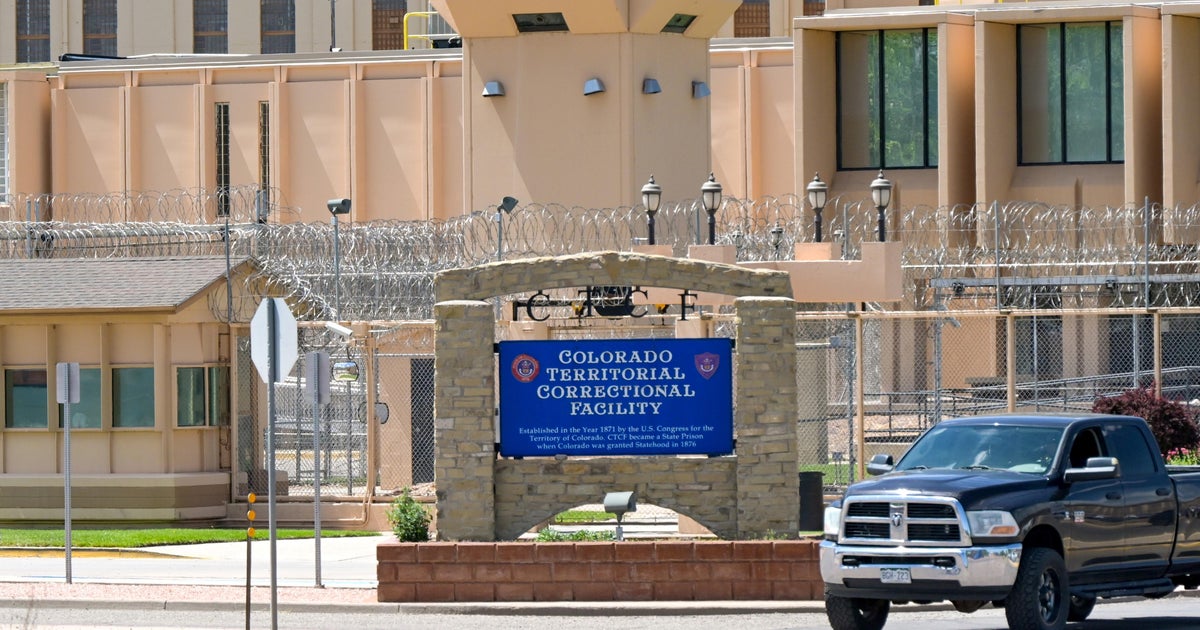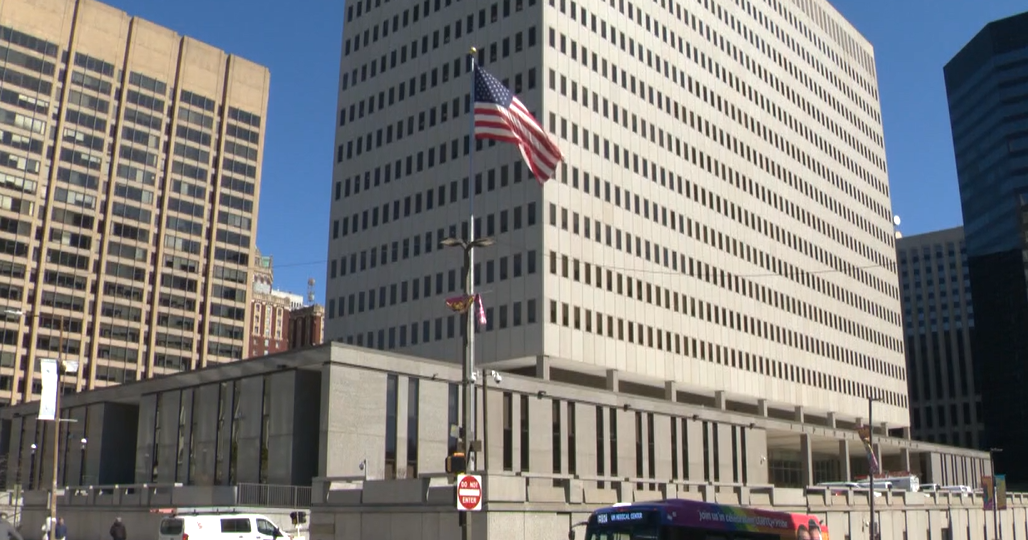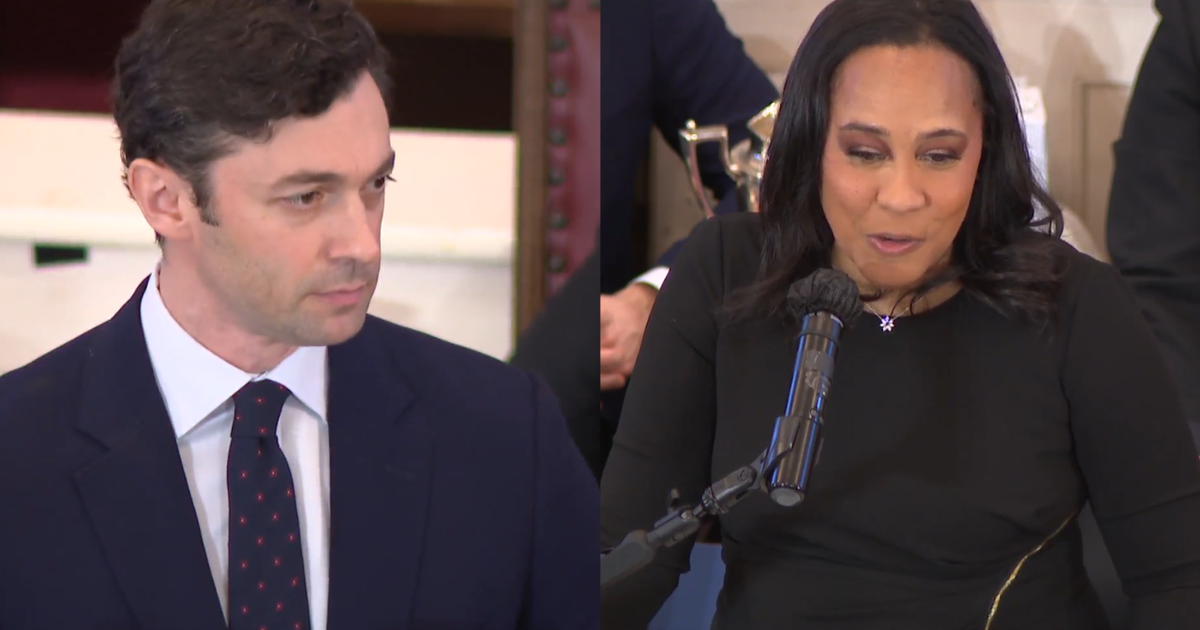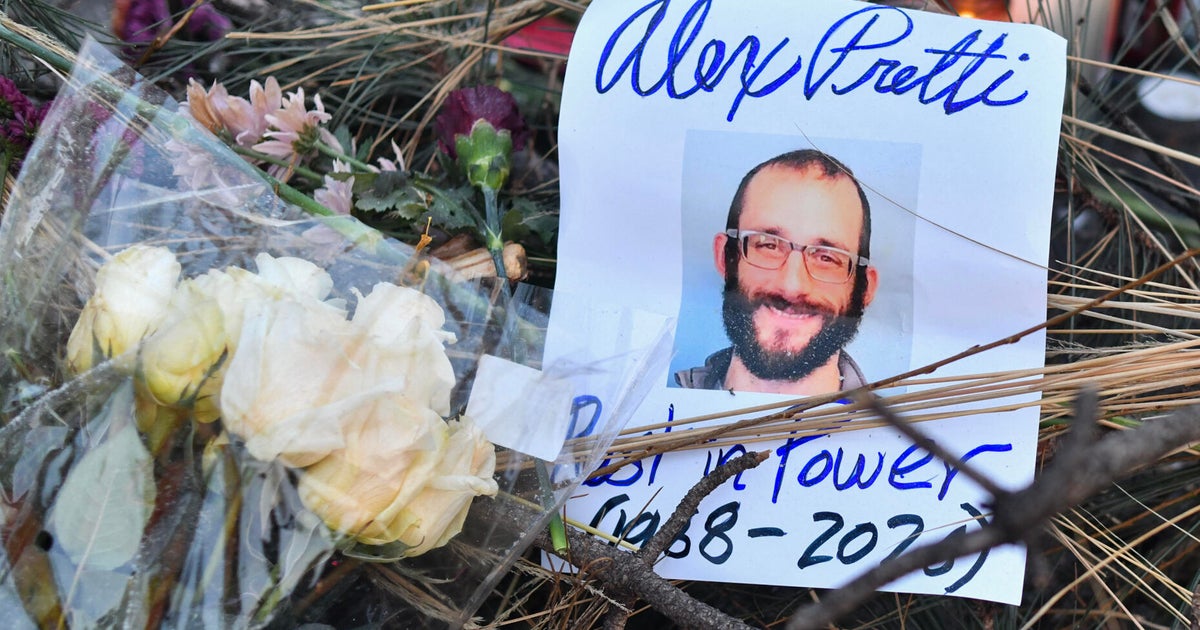Social Media Rules Revised For Md. Prison Jobs
HAGERSTOWN, Md. (AP) -- Maryland's prison agency said Wednesday it will no longer ask prospective correctional officers for the keys to their social media accounts after the American Civil Liberties Union complained that requiring job applicants to divulge Facebook usernames and passwords violates privacy laws.
Instead, background investigators will ask those seeking guard jobs and other security-related positions to voluntarily log in to their personal websites so that investigators can review them.
Refusal to do so won't jeopardize their employment chances, the Department of Public Safety and Correctional Services said.
ACLU of Maryland Legal Director Deborah Jeon said the policy is still improper because most applicants will feel coerced to comply.
The agency may as well ask job applicants if it can monitor their calls, read their e-mail and search their houses, Jeon said.
She said the policy also may violate Facebook's "terms of use" designed to protect the privacy of those who have "friended" the job applicants.
Jeon said her group will ask Public Safety Secretary Gary Maynard to further reconsider the policy.
"I consider it problematic in that it places pressure on job applicants to open their social media accounts to the government, and it subjects friends of the applicants to governmental privacy violations," Jeon said.
The prison agency has asked job applicants since March 2009 to voluntarily divulge their social-media passwords to help investigators weed out those with criminal histories or gang connections, spokesman Rick Binetti said. At least seven applicants have been disqualified due to social media content since the policy
was first implemented, he said.
"It's a useful tool in addition to the other background check procedures that are involved," Binetti said.
As evidence that participation is uncoerced, Binetti said at least five applicants who either refused or were unable to grant access to their social media sites were still offered jobs with the agency.
The changes follow an ACLU complaint in January that a correctional officer seeking to return to work after a medical leave was ordered as part of a recertification process to divulge his Facebook login information. The officer, who was ultimately reinstated, characterized it in a YouTube video as a request that he interpreted as a demand.
Binetti said compliance with such requests was always voluntary and not a condition of employment, and that the investigator who interviewed Correctional Officer Robert Collins acted properly. The department lacked a written policy, though, until the revisions were approved Friday.
"The key here is just making sure that the policy was clear and that the staff responsible for utilizing it understood it and that it was communicated effectively," Binetti said.
(Copyright 2011 by The Associated Press. All Rights Reserved.)







